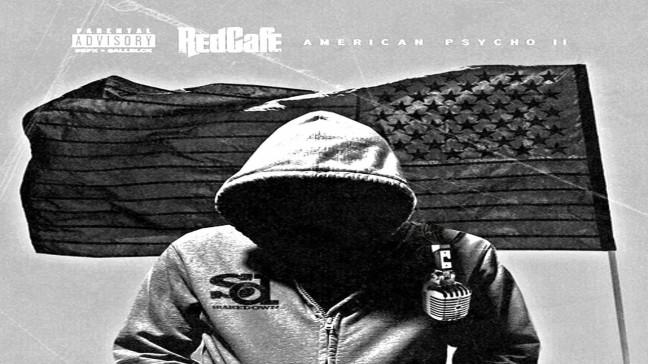New York is universally known as Mecca for hip-hop artists. With their humble roots and gritty street experiences, most breakthrough New York artists have worked at contributing to the greater concept of what East Coast rap is, where lyricism is first and beats come second. These rappers’ bars match the grittiness of the streets they came from; their beats are relatively simple and not meant to take away from the deep and powerful messages their lyrics provoke.
Granted, there are exceptions to this rule. Not every East Coast hip-hop song has the same beat; it’s argued the artists who defy this rule can make even bigger waves (e.g. Biggie Smalls). Red Café, a Brooklyn native, continues to break these rules. The underground rapper has been a part of the hip-hop scene for more than a decade and has managed to make a name for himself exclusively through the mixtape scene and through guest appearances on other mainstream artists’ tracks. On first listen, one may not even realize he’s from New York. This is where his creative genius lies.
Remove the beats and catchy refrains from Red Café’s tracks, and his stylistic flow and rhyme style are automatically reminiscent of a New York style. But how does he differentiate himself from the multitude of rappers — recognized or not — who claim their roots lie in the Big Apple?
On his latest mixtape, American Psycho 2, Café incorporates the help of a variety of artists and producers to take his stylistic flow and manipulate it into a form that’s widely recognized in hip-hop today. It’s as if someone discovered a time capsule that holds the formula for a successful New York rapper and completely revamped this formula with a modern twist. With production from established and up-and-coming producers Young Chop and the Los Angeles Leakers, Red Café mashes up a style and sound that is audibly pleasing to the trained hip-hop ear.
With notable success from collaborations with high-caliber artists and producers alike, there’s no doubt that Red Café could reach mainstream success if he wanted, but perhaps he seeks to remain in the underground circuit. He continually tests the waters of sound and style, and he could perhaps ultimately pioneer a new subgenre of hip-hop in upcoming years.
Maybe this is speculating too much, but regardless of what the future holds, this mixtape is a must-grab for any hip-hop fan. Even if you don’t like the mash-up of East and West Coast within one mixtape, it’s definitely worth a shot for any hip-hop connoisseur.


